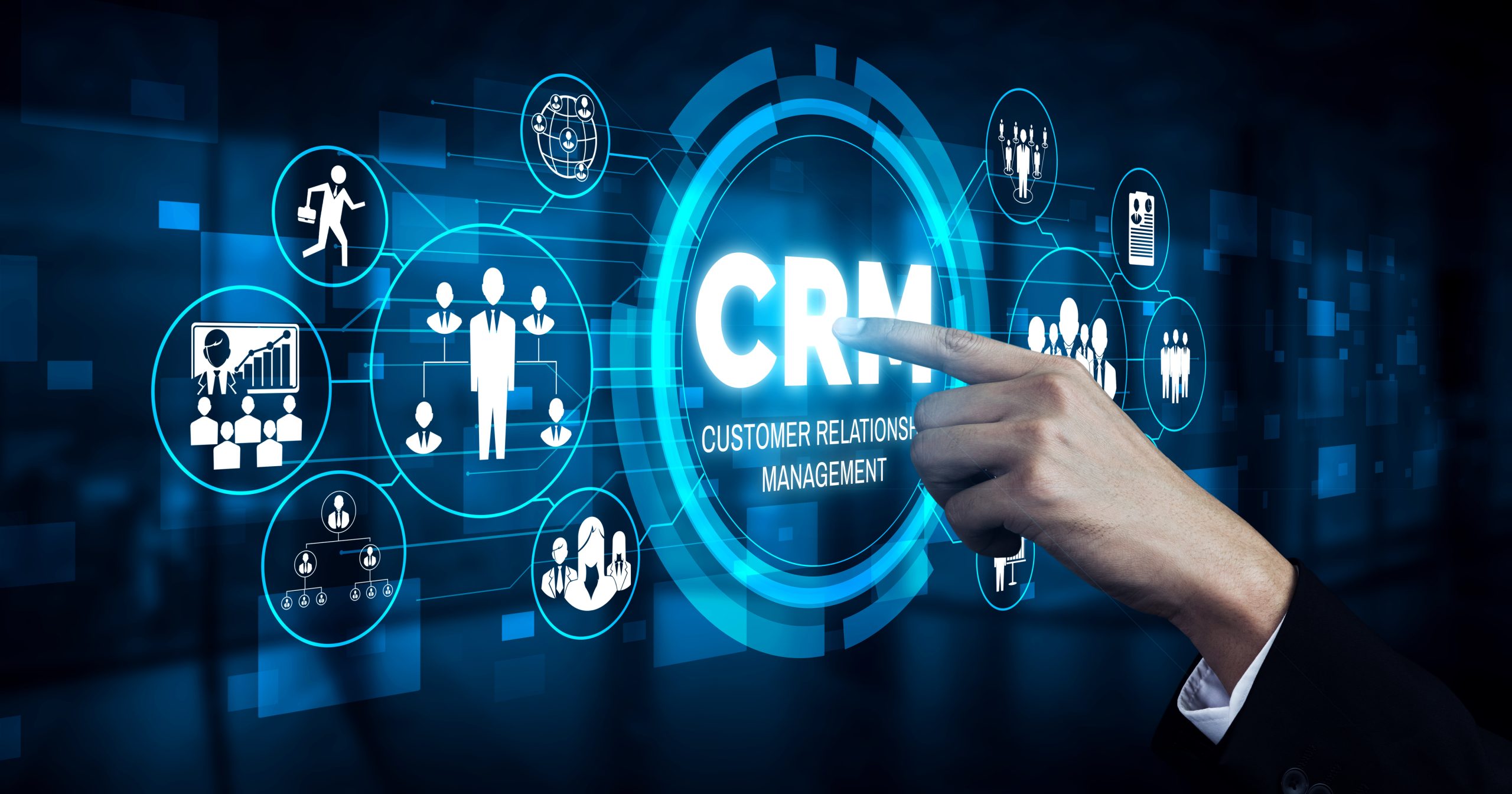
Old fashioned address book
Does anyone remember one of these – an address book? Nowadays, most of us use our phone for storing contacts. But who can recite a telephone number to contact them anymore?
However, when you run a business, you cannot operate your customer contact information only from a phone.
I suppose the question is:
Do you want to communicate with your customers?
I hope all business owners will answer that with a simple “yes!”
By judiciously storing and managing customer and prospect information, it can help your sales and marketing teams find new customers faster. This can then boost your lead volume, as well as enabling communication with existing customers to achieve ongoing sales.
There are three major benefits for your business:
- Easy access to customer, prospect and lead data
- Streamlined processes through automation
- Actionable insights into business performance and customer behaviour.
Advantages of a CRM system
The features that your CRM system offers will depend to an extent on which platform you opt for. Nonetheless here are some general features that a good CRM system typically allows you to do:
1. Customer details
The amount of detail that you collect about your customers will depend on what system you are using. However, collating details about who they are, their name, address, telephone number, email address, demographics, geography, when you spoke to them etc. adds up to vital information.
2. Keep track of marketing and sales results
CRM systems are useful for helping sales teams and management to better understand pipelines. They also improve accuracy of forecasting for marketing teams by allowing them to gain more of an overview of the sales pipeline and process. It also provides reporting which can be used for future planning.
3. Store interactions with a customer
From what a customer purchased, to post-sale follow up and preferences on marketing communications, any information can be tracked and stored in the correct fields. This means that important information can easily be found, managed and updated, as well as accessed by all of the relevant teams that require it.
4. Send targeted campaigns, email newsletters or custom emails
Without a dedicated CRM system this is a very time-consuming process, but with a dedicated system this allows you to organise and create specific campaigns with extraordinarily little effort. What’s more, if you segment your database into different sectors, products, verticals etc. you can customise your campaigns, which are then more likely to achieve higher click through rates.
5. Allows marketing and sales teams to work together
By sharing details and interactions with each customer, everyone who needs it can have access to the information. They can work as a team to seamlessly pick up where the other left off. With the sales department recording information about clients, it saves on lengthy phone calls having to update the senior team on the status of each account, leaving them more time to interact with customers.
6. Automate various time-consuming tasks
Not every CRM system includes automation, but more and more of them do as standard. It can save a lot of time on tasks such as reporting, integrating with email, calendars, live chat and more.
7. Is easily accessible anywhere
Data is centralised, so that it is available at any time and to any authorised person on any device, which increases productivity.
8. Increase revenues
There is no doubt having a CRM system will increase sales. By being able to monitor who your customers are and being able to target them more directly, and more importantly correctly, with your product offering, you will increase your sales.
9. Provides invaluable insights
Having information at your fingertips enables you to better evaluate past behaviours and buying patterns; allowing you to make smarter marketing decisions.
10. Helps reduce cost
Yes, it costs money to implement and train your staff, but the overarching result is that implementing a CRM system increases efficiency, speed, and quality.
Conclusion
All businesses are different, and the type of system you require will be dependent on a number of factors. My advice is that the easiest time to implement a CRM system is at the early stages of growth in your business. This is so that the process of populating, updating, and using it, is embedded into your organisation straight away. It is then easier to train new staff as they start working with you. It also makes sense to implement a system when you have a few customers, rather than thousands.
Just imagine trying to find business cards (what are they again?) and adding them into a system when you have been up and running for a few years. Let alone all the customers purchase data you just won’t have access to and is lost forever, if not recorded?
There are many CRM systems available to suit all budgets. So, it is not necessarily cost prohibitive for even the smallest of businesses. It’s worth looking at early, whatever the size and scope of your business.
If you would like to talk about anything marketing on an outsourced basis, please get in touch by giving me a call on 07966 192597 or sending an email.
